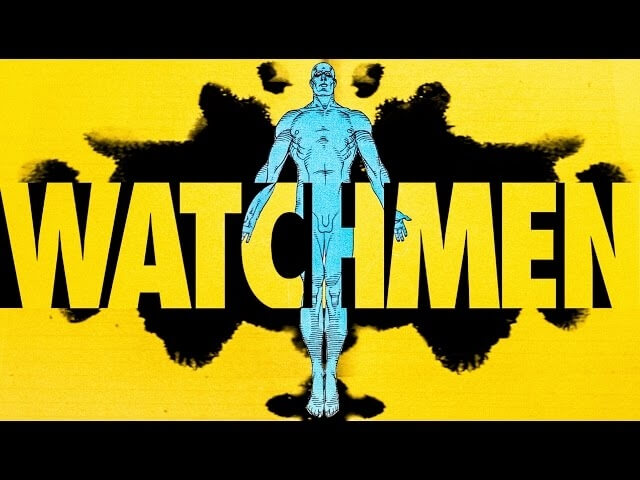
Zack Snyder has been a divisive filmmaker since the beginning of his feature film career. Adapting/rebooting the sacrosanct horror film Dawn Of The Dead could’ve raised the ire of many a horror geek, but instead he delivered a film that many people enjoy. Since then his career has been fraught with controversy, whether it’s the latent Islamophobia of 300, the accusations of sexism in Sucker Punch, or even the wanton destruction in Man Of Steel and Batman V Superman: Dawn Of Justice (people mostly seem fine ignoring Legend Of The Guardians). In the midst of his filmography, he dared to adapt one of the most precious tomes in modern comic books, a book that many people believed impossible to accurately portray in film. By bringing Alan Moore and Dave Gibbon’s Watchmen to screen, Snyder brought along a lot of his visual aesthetics and peccadilloes and generally divided audiences, who either thought it was a fine movie or else perhaps too awkwardly faithful to the source material.
Now in a new video essay, Kristian Williams investigates the inherent flaws in trying to bring Watchmen to a medium outside of comics and the ways that Snyder was unable to communicate the subtle structural elements of the story from page to screen.
To be fair, most of the video is spent underlining the origins of the comic and educating those on the ways that Moore and Gibbons used the comic book medium to tell a story about comic books (among other things). But that is so Williams can point out how it would take a deconstructionist of film to properly use another medium to tell the same story with the same impact. And while Snyder believed himself the one capable of doing so, his penchant for ultraviolence and slow motion/speed ramping and his inability to capture the spirit of the book ended up being his undoing.
Not that there weren’t inspired moments in the film, and the filmmaker did a good job of remaking the panels into scenes of the film, almost slavishly recapturing the illustrations into shots for the camera. But the spirit of the book, that desire to peer into the roots of comics that both celebrated and condemned the fantasy that comics perpetuate, was missing. It’s an intriguing video essay that uses a lot of knowledge about the source material and the film to critique it well, and leaves one to wonder if, now that the superhero film boom is truly at its peak, the time has come for a deconstructionist film that actually tackles the tropes in a meaningful way.